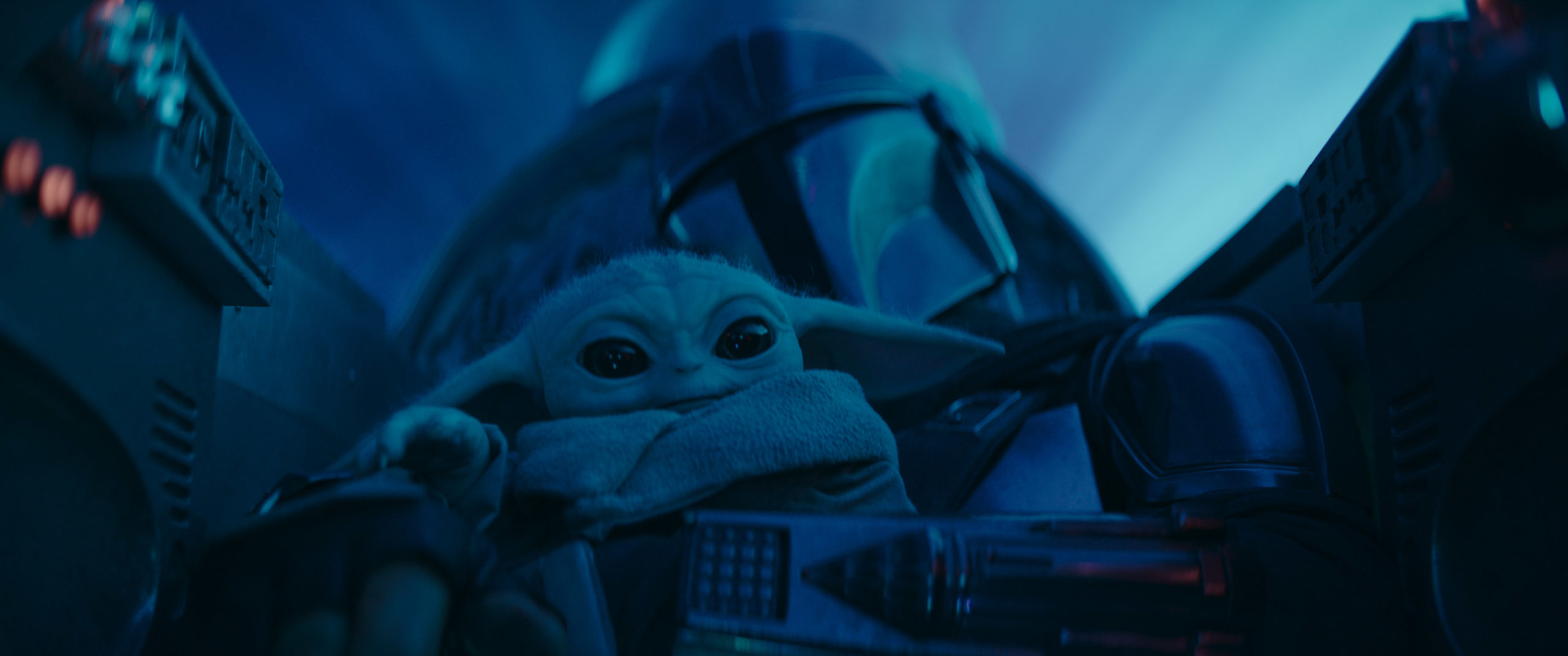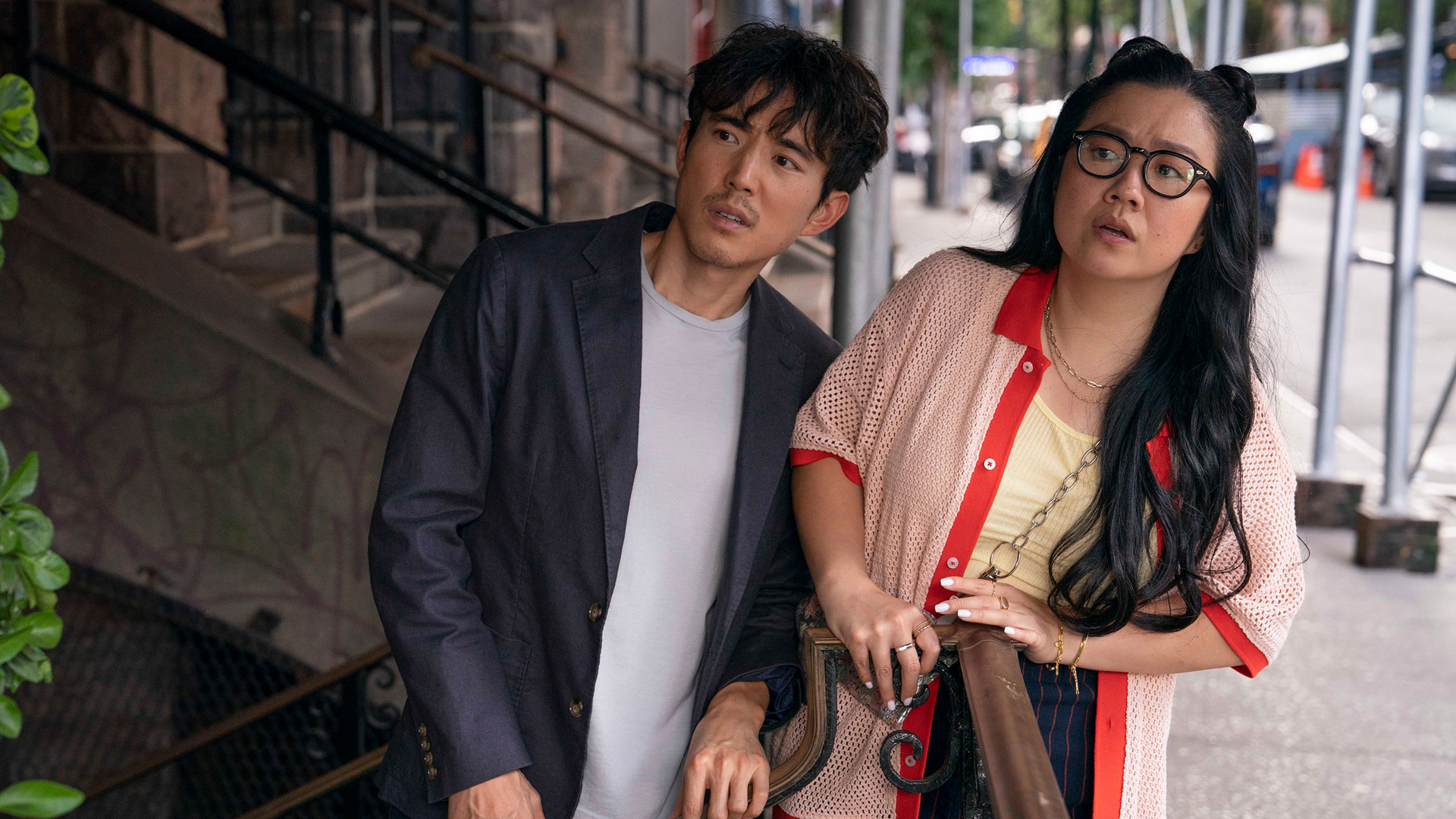
Turning Red is the new Pixar film from director Domee Shi (Bao). The movie tells the story of a Chinese-Canadian girl named Mei Lee (voiced winningly by Rosalie Chiang) who turns into a gigantic eight foot tall red panda whenever she becomes stressed or excited. As is Pixar’s norm, the animation is fantastic and the story telling is moving.
The surface text level plot of film sees a young girl who is forced to deal with this strange Incredible Hulk-esque curse. She navigates the oddities of middle school life and the expectations of her strict mother while trying to figure out a scheme to see her favorite boy band with her best friends. Her friends quickly learn her secret and hijinks and hilarity ensue as she tries to navigate her new supernatural existence.
The film serves as an obvious metaphor for puberty and a first period. The manifestation of Mei’s panda essence corresponds precisely with her sexual awakening as well. Easy for me as a straight white man to chime in on things I’ve never experienced, but it seems to me the period allegory is one of the most stark I’ve seen in films aimed largely at a pre or mid-pubescent audience. The transformation here feels like an easily relatable way to encompass a complex wave of hormones and bodily changes. It is also the studio’s most overtly sexual story. It recognizes the basic human drive for physical connection. One breathtakingly funny sequence sees the reveal of Mei’s secret journal where she doodles canoodling cartoons of her crush. It’s almost precisely the sort of thing you can imagine a young teen with unfocused sexual impulses crafting.

The film has more on its mind than just puberty. I particularly appreciated how the story serves as a paean to female friendship. When Mei Lee’s friends become aware of her condition their reactions are not the horrified rejection the audience is conditioned to expect, they’re loving and supportive and immediately embrace her new normal. That the film sees Mei and her friends treat her panda powers as a positive, instead of a secret shame, is a great relief. The film mines great humor from the ways the friends attempt to take advantage of Mei’s panda powers. Mei’s tension with her mother (Killing Eve’s Sandra Oh) serves as an initially obvious plot point that takes on far greater texture and nuance throughout the film.
The story is smartly set in 2002. The year signals the end point of the pre-cell phone era, which serves the story well. It leads the film to feel like it is set in the last era when people could have secrets that were not immediately blasted across social media. The added loneliness of the time feels important – it’s so much easier to feel “normal” now in the era of the internet when someone like you is just a few clicks away. It also joyously allows the story to delve with great specificity into the “boy band” phase as our young group of friends are obsessed with one particular group. With songs by Billie Eilish and Finneas, the film’s 4*Town feels almost precisely like a Backstreet Boys or *NSYNC pretender lost to history.

Director Domee Shi has made a film that feels aesthetically different than most other Pixar stories. Turning Red’s animation style feels inspired by anime and manga as characters’ eyes turn into literal stars in moments of excitement. The editing is snappy and punctuated with sight gags in a way that feels more in line with the Lord and Miller produced films like Spider-Man: Into the Spider-Verse and The Mitchells vs. the Machines than typical Pixar. Shi demonstrated in her first film, the Pixar short Bao, that she has a great sense for how to depict sumptuous food on screen and that quality remains on display here as well. It’s craftmanship that deserves to be seen on the biggest and best screen possible.
It remains a strange little tragedy that Pixar, a company which had one of the greatest runs of simultaneous critical acclaim and box office success in industry history over the last three decades, has seen itself relegated to the creation of films that do not see theatrical release in the United States. COVID, of course, caused a lot of the shift – Soul, Luca, and Turning Red were all developed with theatrical release in mind – yet it remains hard not to feel disappointed. There is also the cold cynical reality that investors care most about Disney+ subscriber numbers and Pixar remains a brand that consumers will pay for above and beyond the archives, Marvel, and Star Wars content that otherwise power the streaming brand. It appears at least that Lightyear, the quasi Toy Story prequel, will release theatrically later this year. I am simply left to hope that future original Pixar stories will also grace the big screen. I want my kids to experience the Pixar magic in theaters.

Turning Red will be released on Disney+ this Friday, March 11, 2022.
















